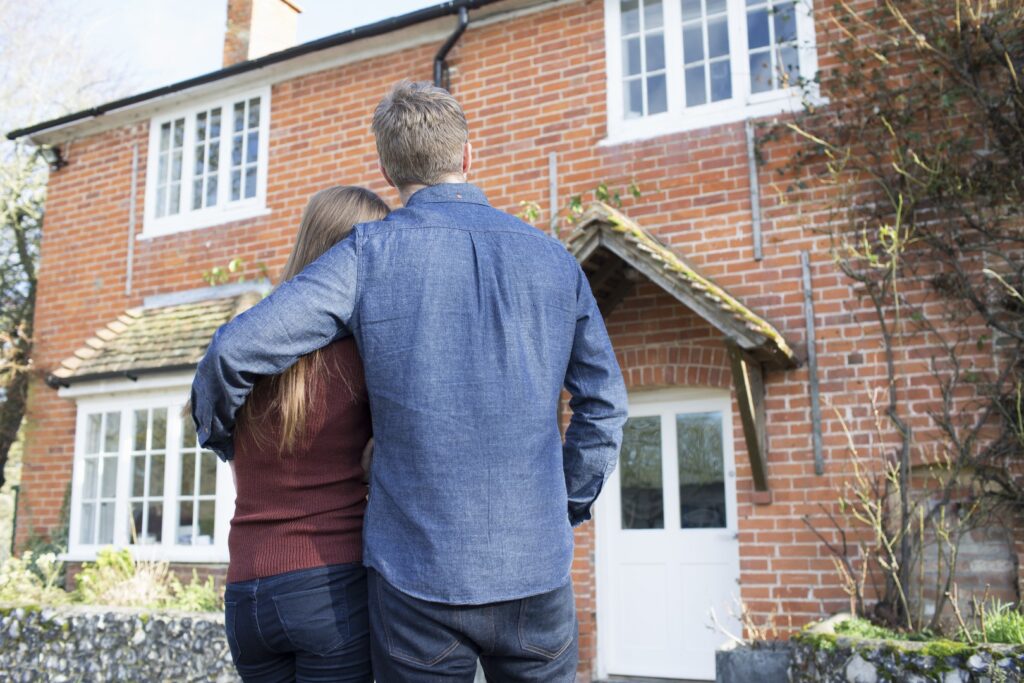
Owning a home is usually perceived as being a cheaper long-term alternative than renting.
Mortgages have become more attractive as interest rates drop, resulting in monthly payments being 25% cheaper compared to renting. As reported by the Financial Times, when adding the cost of repaying the capital to the total cost per month, buying a home has gone from being cheaper to becoming 20% more expensive compared to renting.
Lucian Cook, Savills director of residential research claims that if, hypothetically, the interest rate had to rise by 1%, it would result in buying a home being 34% more expensive compared to renting. That difference would increase to 50% if the interest rate had to rise by 2% and so on.
Many people seem to believe that rent is for life, while a mortgage can take 15-30 years to pay off, and thus it is cheaper to own than to rent. However, your mortgage isn’t the only payment and it is easy to forget that. You still must pay maintenance, repairs, utility bills, property taxes, renovations, homeowner’s insurance, municipal usage fees, transaction fees and opportunity costs. Those expenses spread out through the year could cost you more than renting a similar property, depending on the area.
The trick here is to look at the bigger picture. People will be spending on housing for the rest of their lives, one way or another. So, the question is “Will it be cheaper in the long-term to buy a house or to rent one?”
This depends on where you will live, how long you will hold onto the property and what type of house you are looking for.
Younger generations become less likely to purchase a home
Owning a home is still one of the main goals in life for younger generations. However, that goal keeps getting further away as the years go by. Home ownership has never been so out of reach, with house prices constantly on the rise. Younger generations find it much harder to reach that goal, as they have larger debts to clear.
In the 1980s, you could purchase a nice three-bedroom semi-detached house in Wigan for £25,000. In addition, the deposit was smaller and people were able to save more per year from their earnings. Nowadays, an average of 72% of renters in the UK are only able to save less than £50 per month and 58% are unable to save a single penny.
Not only is it often a cheaper option to rent, but tenants find it much easier to move houses when they need to. Younger generations often move houses due to lifestyle changes, job transfers, personal relationships or simply because they desire a larger living space in a more affordable location. In addition, it is less of a hassle for tenants since they do not have to worry about maintenance costs or real estate taxes.
It’s a win-win situation for Landlords and Tenants
People nowadays are more aware that renting isn’t simply throwing money away, due to high housing prices and added costs. Renting a living space still has its benefits and allows greater flexibility. With increasing demand for rental properties and an increase of 5.2% in landlord rents in the previous year, landlords have never seen a better opportunity to invest.




